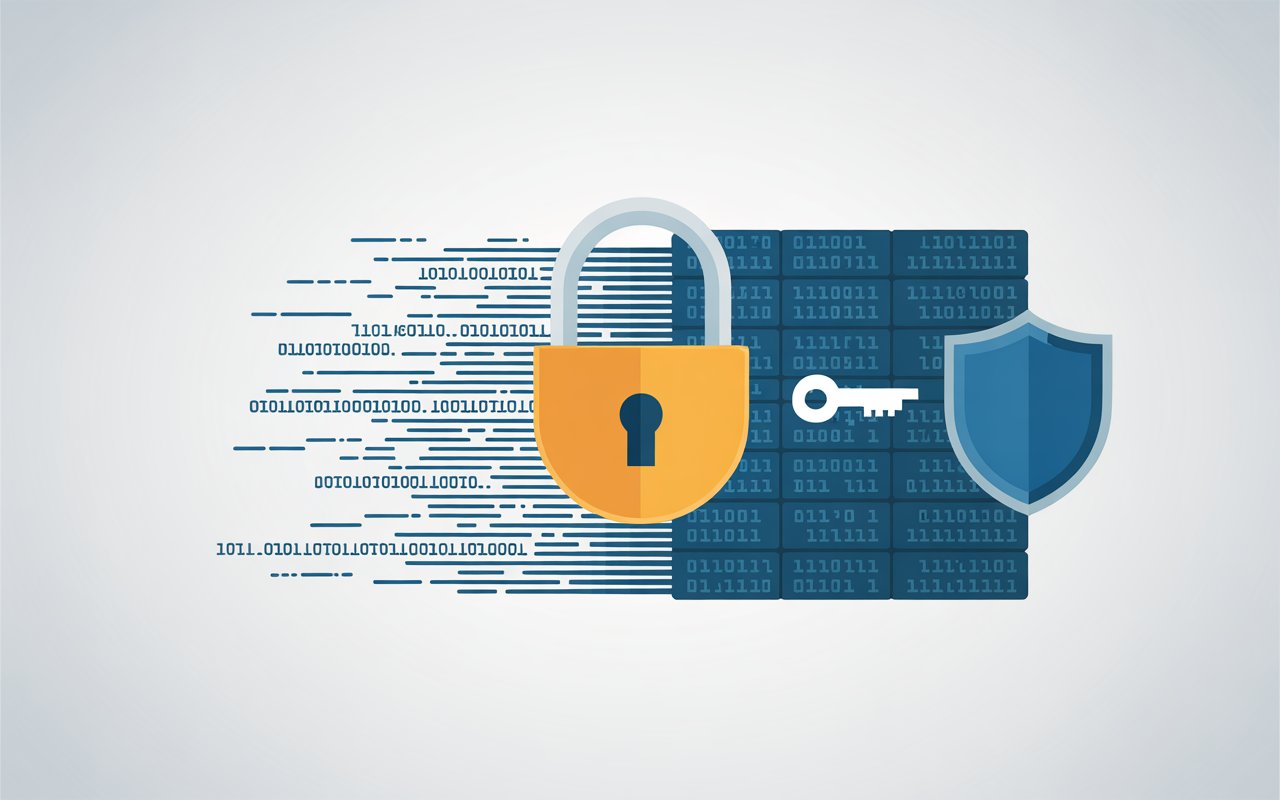What is Data Encryption in Cybersecurity?
In the modern digital environment, data protection has become a central concern for organizations of all sizes. One of the most effective methods of protecting information is data encryption. At its core, encryption secures sensitive data such as financial transactions, personal details, and corporate records by converting it into an unreadable format that can only be accessed with the correct decryption key. For businesses in Dubai and across the UAE, encryption forms a critical component of advanced cyber security services in Dubai, enabling organizations to reduce risk and strengthen trust.
The Fundamentals of Data Encryption
Encryption functions much like placing valuable information in a locked container only those with the right key can access the contents. In practice, encryption works by applying mathematical algorithms and keys to transform plaintext (readable data) into ciphertext (scrambled, unreadable data). The process involves:
- Put in plaintext (original data).
- Applying an encryption algorithm with a key to generate ciphertext.
- Transmitting or storing the ciphertext securely.
- Using a decryption key to convert it back into readable data.
Two widely used approaches include:
- Symmetric Encryption: A single key is used for both encryption and decryption. It is efficient and suitable for large datasets but can be vulnerable if the key is intercepted.
- Asymmetric Encryption: A pair of keys (public and private) is used. The public key encrypts the data, while only the private key can decrypt it. This method provides greater security, though it operates more slowly.
Organizations often seek guidance from specialized cloud security consulting services in Dubai to determine which method is most appropriate for their specific operational requirements.

The Importance of Encryption in Cybersecurity
For businesses in the UAE, the significance of encryption cannot be overstated. Without it, sensitive information is left exposed to interception or unauthorized access. With encryption, even if attackers succeed in attacking a system, the data they obtain remains unreadable without the corresponding keys. Key benefits include:
- Confidentiality: Protects information from unauthorized access.
- Integrity: Prevents tampering or unauthorized alterations during storage or transmission.
- Compliance: Many industries in Dubai are subject to regulatory requirements necessary data encryption.
- Trust: Show a commitment to protecting clients’ and partners’ information.
High-profile attacks, such as the Equifax incident, highlight the severe consequences of inadequate encryption. Such cases underline the need for organizations to treat encryption as a fundamental layer of their defense strategy.
Encryption in the Context of Cloud Security
Challenges Associated with Data Encryption
- Key Management: Lost keys can make data inaccessible, while compromised keys can expose it.
- System Performance: Encrypting and decrypting large volumes of traffic may affect performance if not properly managed.
- Visibility Limitations: Attackers can exploit encryption to conceal malicious activities, making advanced inspection solutions necessary.
Conclusion
Encryption is widely regarded as a foundation of cybersecurity, protecting data integrity, supporting compliance requirements, and enabling secure business operations. For organizations in Dubai and the wider UAE, the question is no longer whether to use encryption but how effectively it can be implemented across every aspect of IT systems and cloud infrastructure.


